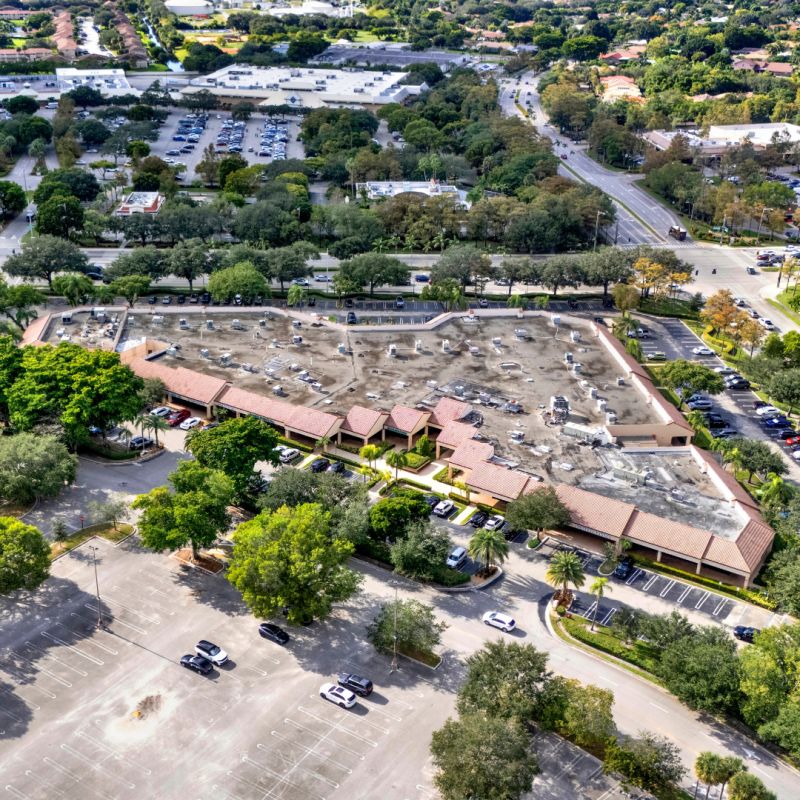A
new social housing bill aims to create a national authority that would develop and manage affordable housing units. Introduced by Rep. Alexandria Ocasio-Cortez and Sen. Tina Smith, the measure would establish a revolving loan fund and authorize annual funding of $30 billion from 2025 to 2035. The authority would acquire property, build social housing, or partner with non-profits and community land trusts to do so.
Social housing providers would be required to set aside at least 70% of units for low-income households (up to 80% of area median income) and extremely low-income households (30% of AMI), with a minimum of 40% dedicated to the latter. Initial rents would be capped at 25% of income, and limited equity co-ops would limit resale value to maintain affordability.
The bill draws from a similar proposal in New York, which caps annual rent increases and protects tenants against eviction without cause. The federal measure also allows for eminent domain to acquire land for social housing, but only under specific circumstances, such as when residents of federally assisted housing form a tenant organization or when a state or local government blocks affordable housing.
The bill would repeal the Faircloth Amendment, which bars federal financing for public housing beyond existing units, and authorize funding to address the Department of Housing and Urban Development's capital backlog. However, the measure faces significant challenges in Congress and raises questions about the government's ability to manage large-scale development projects, as well as the involvement of private sector companies.
The bill also prompts concerns about long-term sustainability, given profit restrictions on social housing providers, and potential allocations after 2035. The legislation aims to protect affordable housing from "for-profit investors" and the speculative market, but its impact on the private sector remains unclear.














